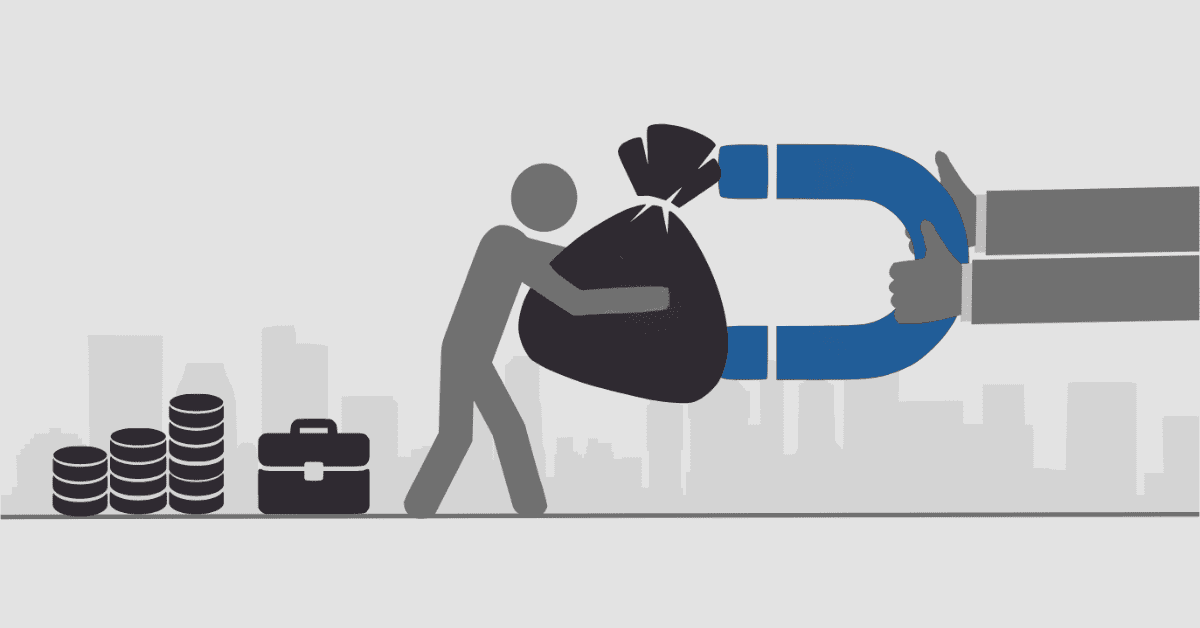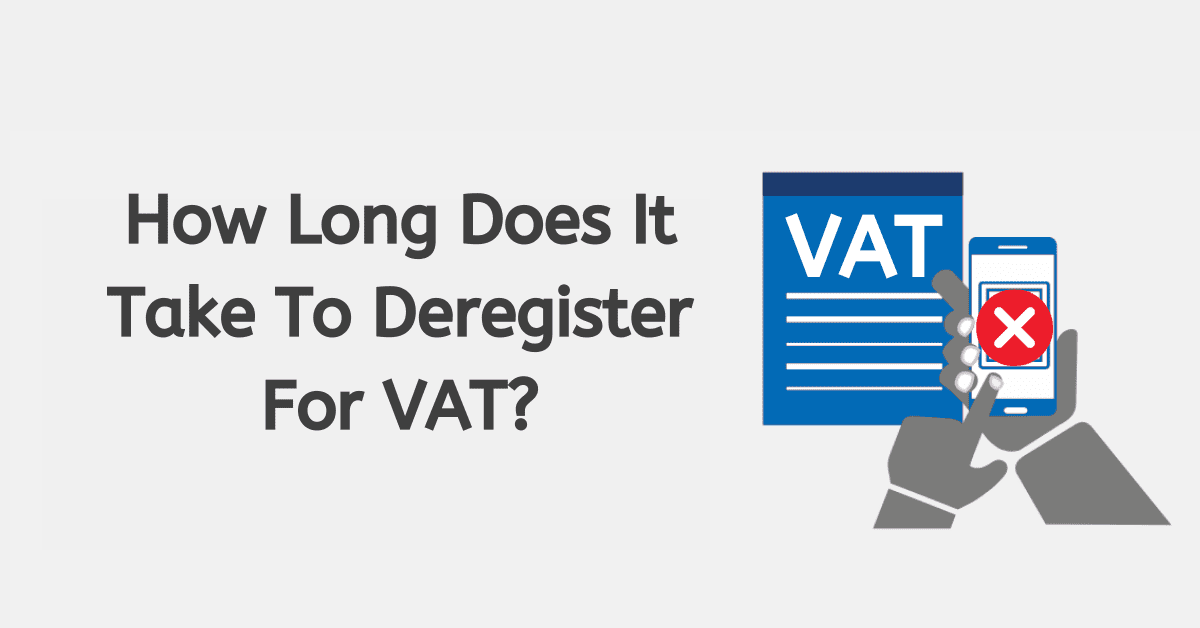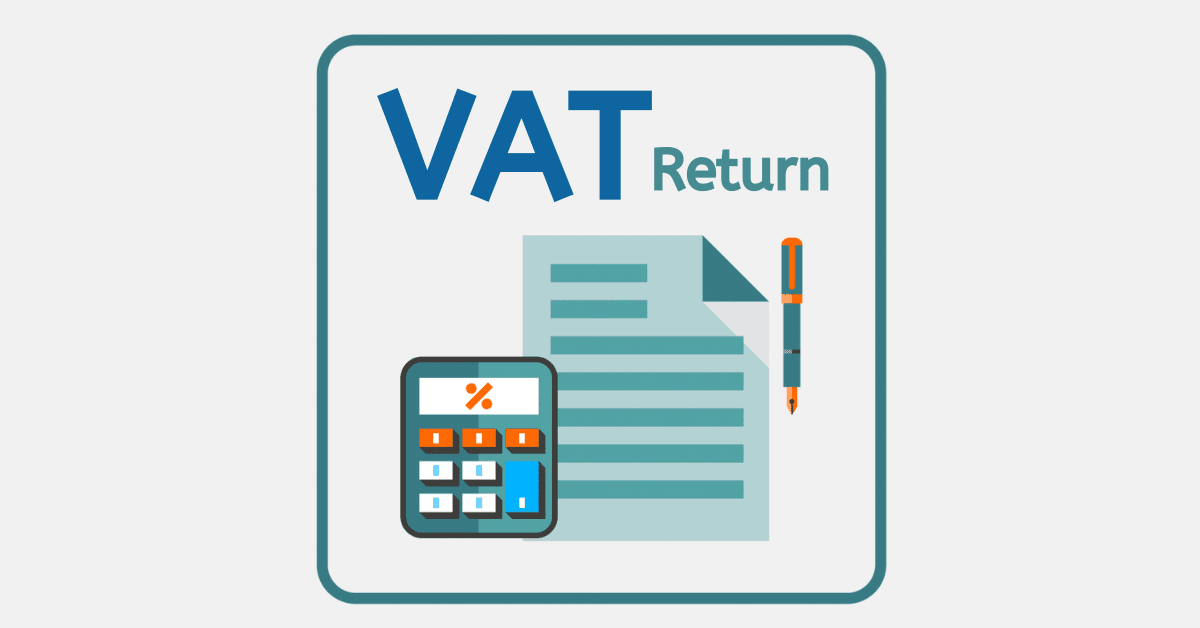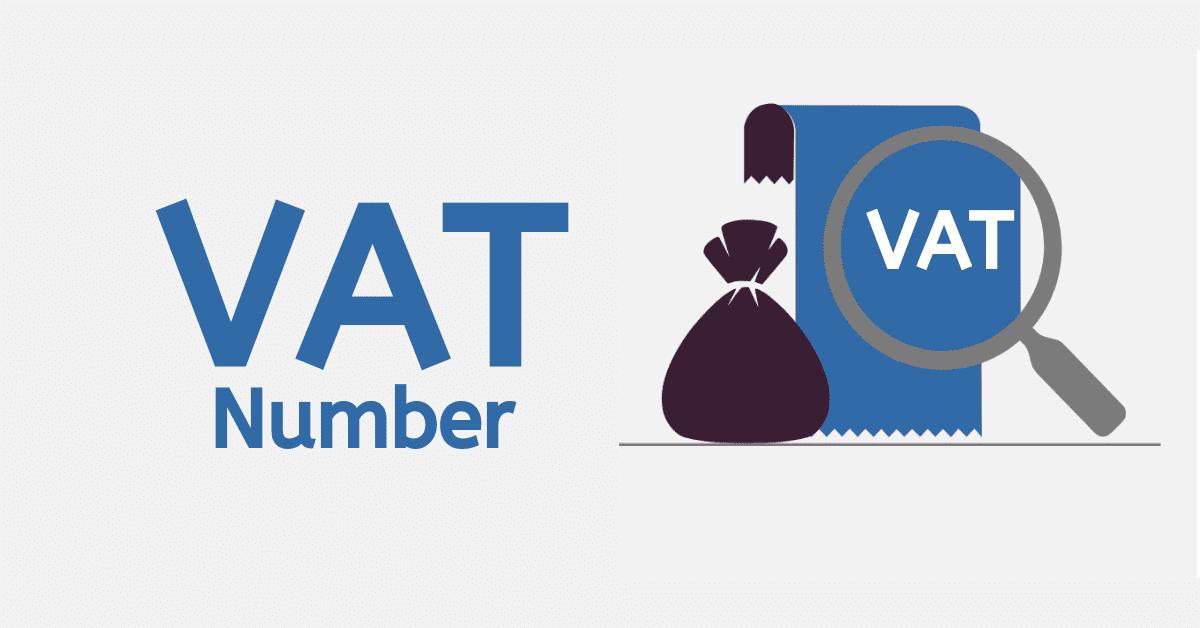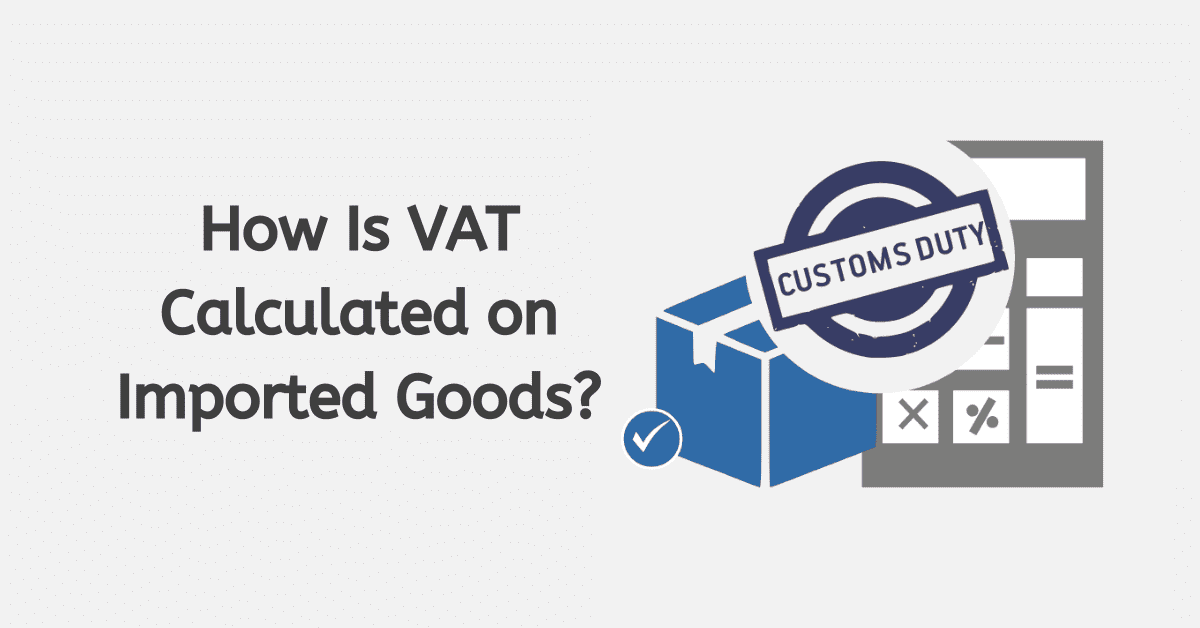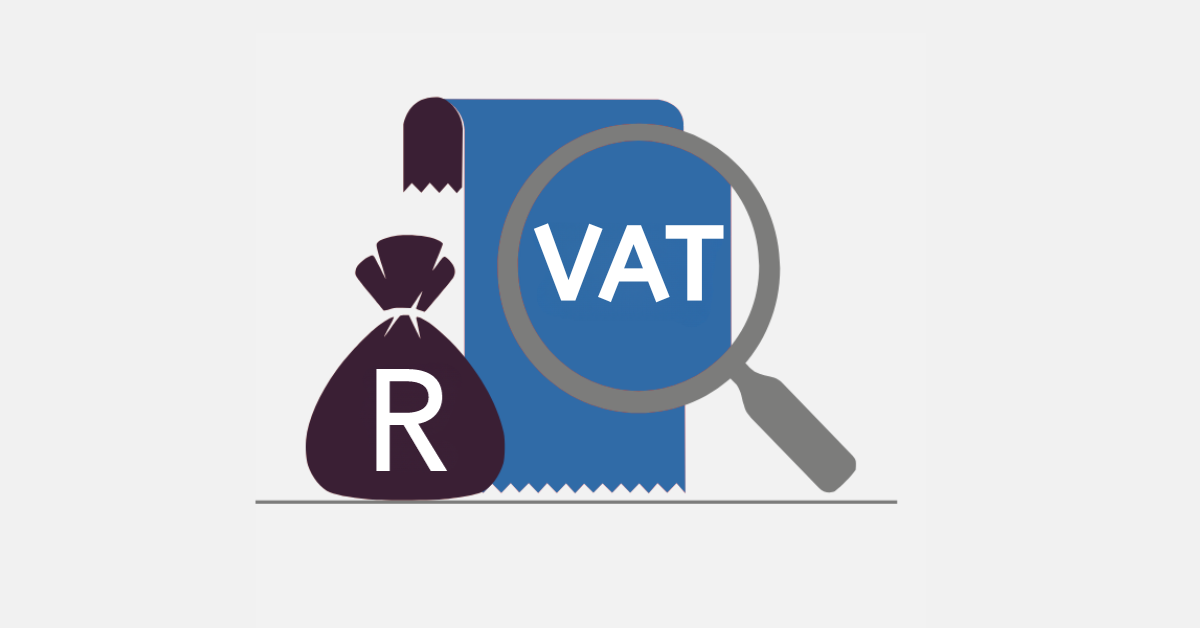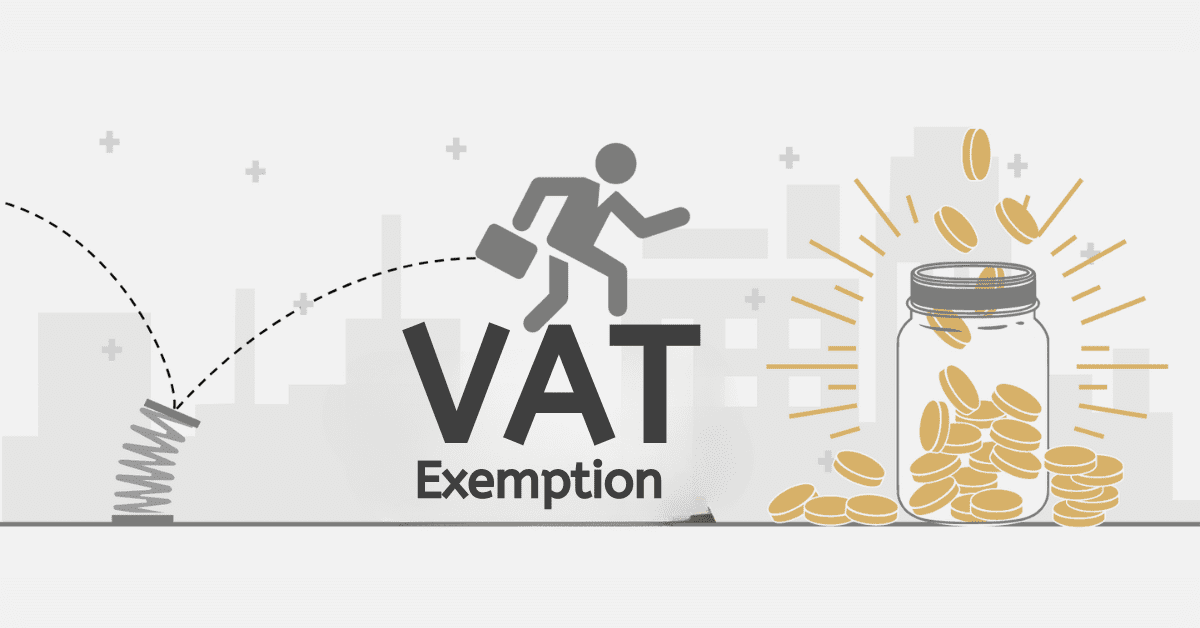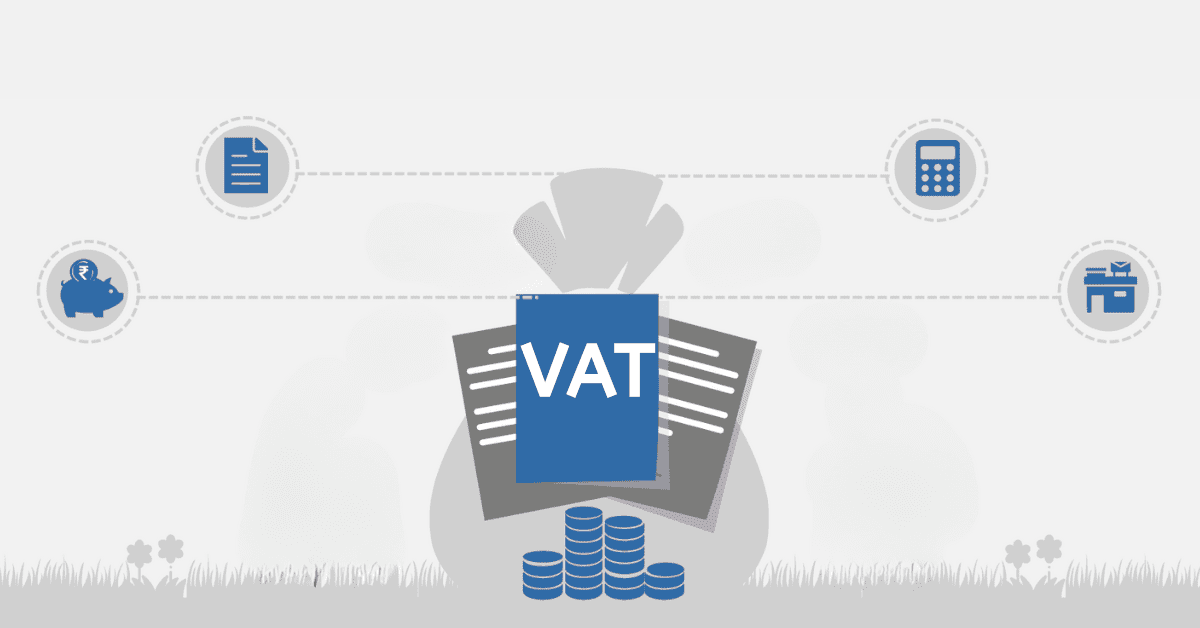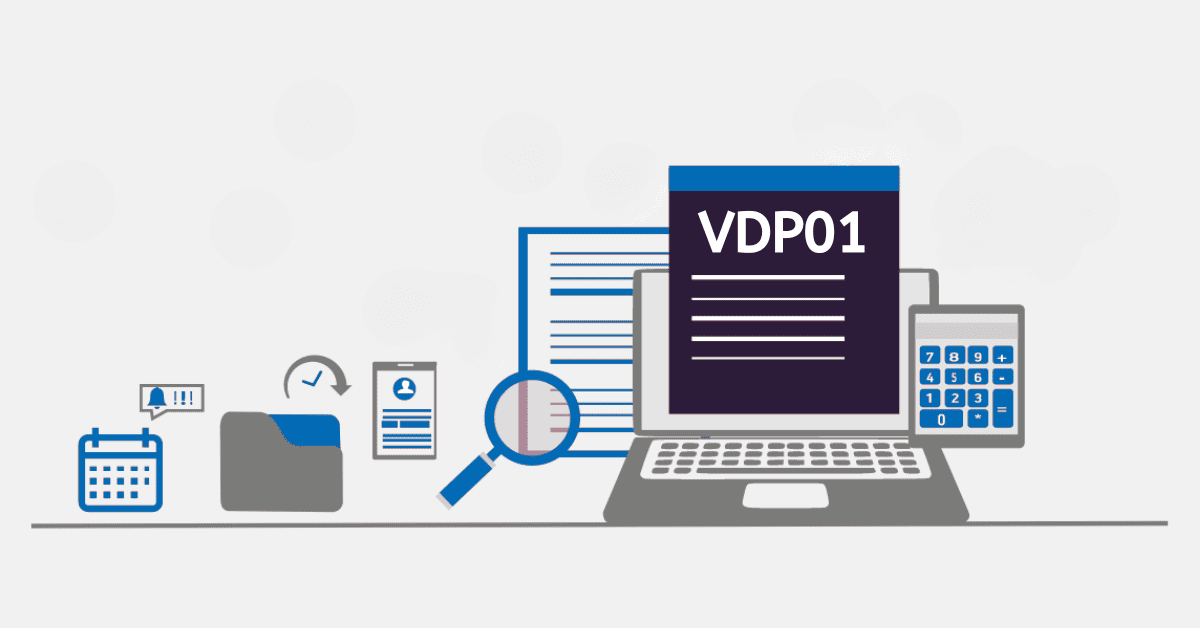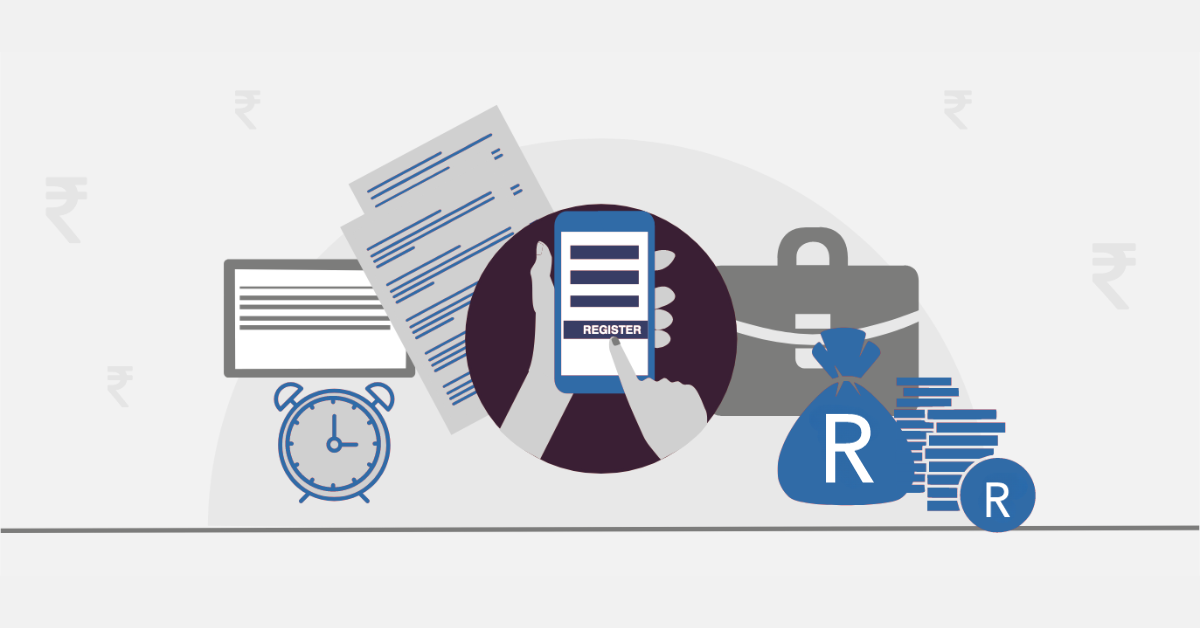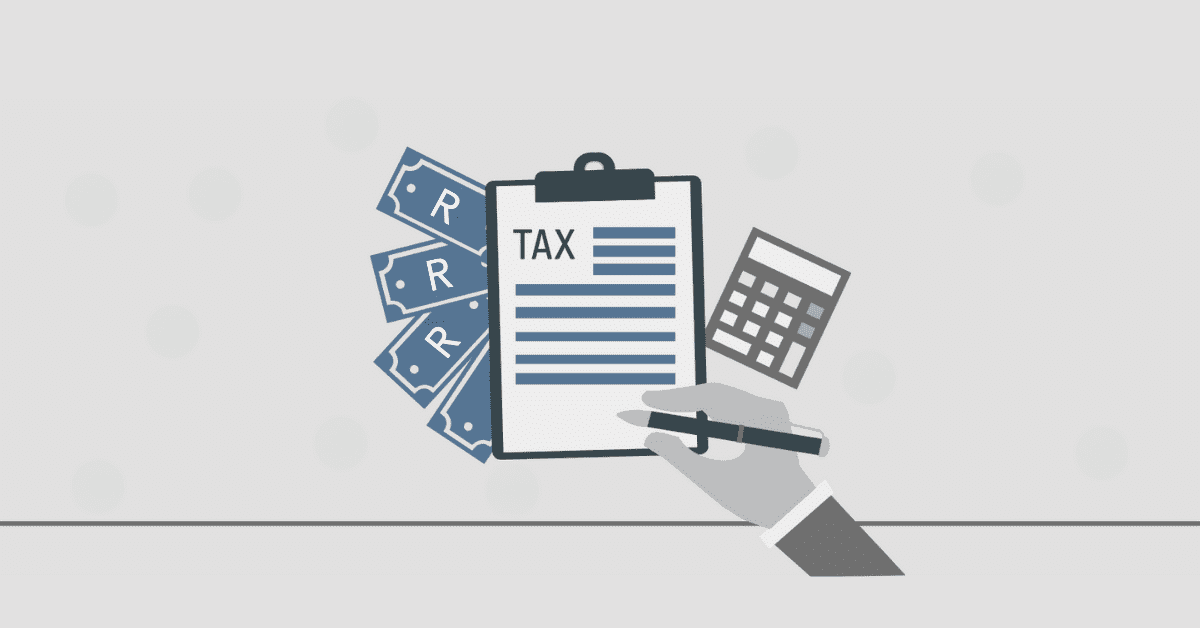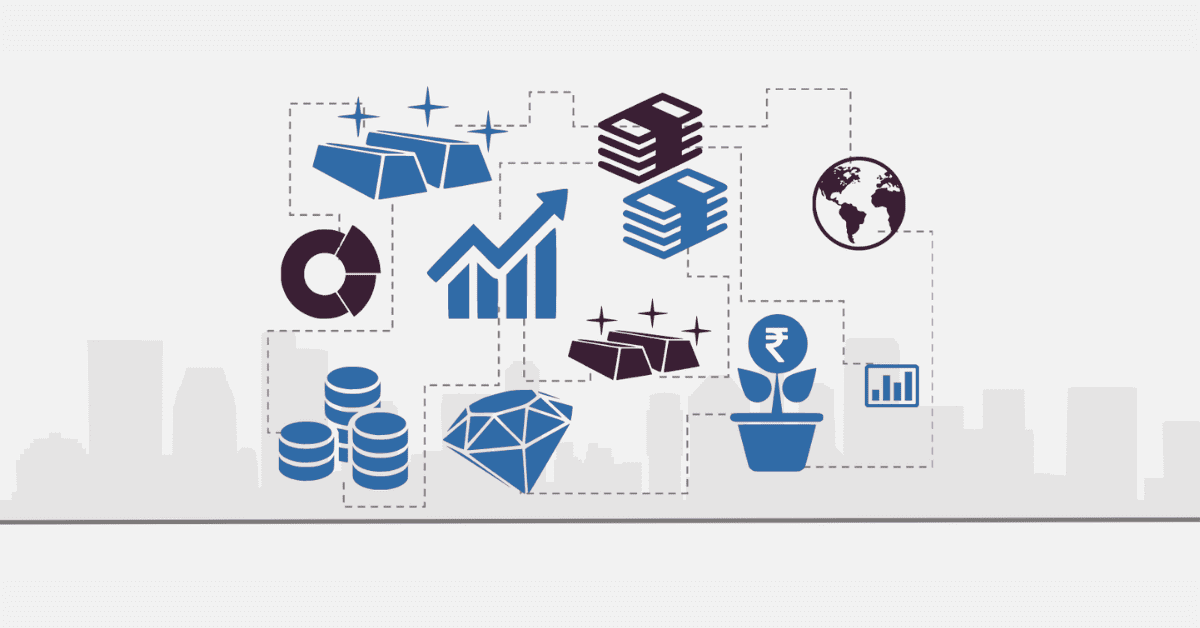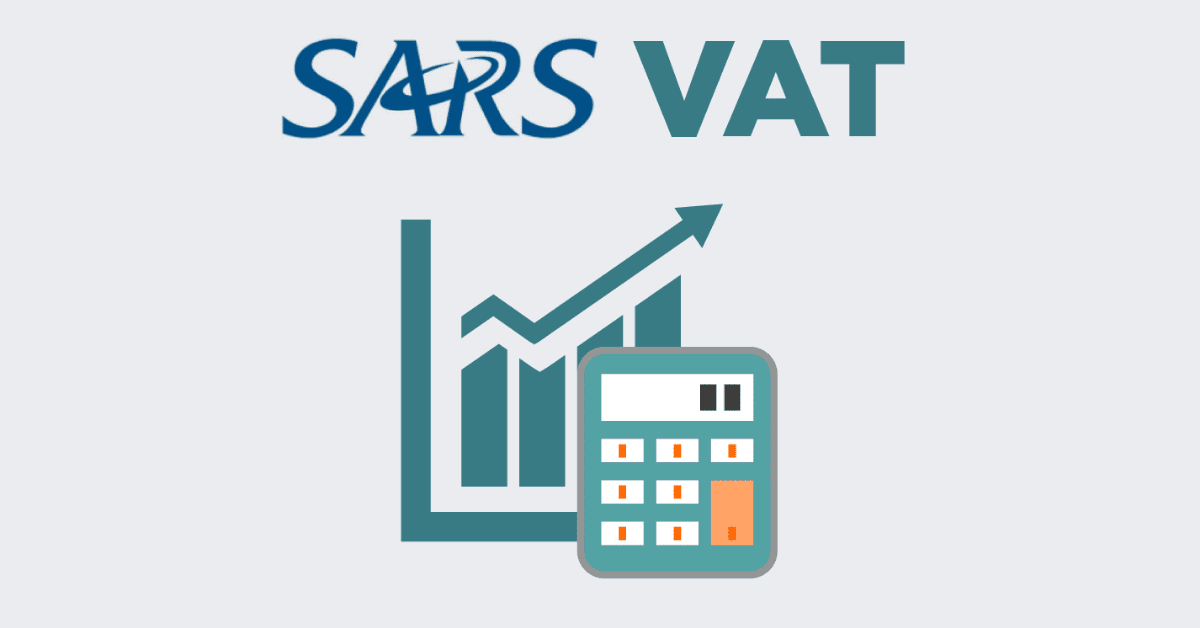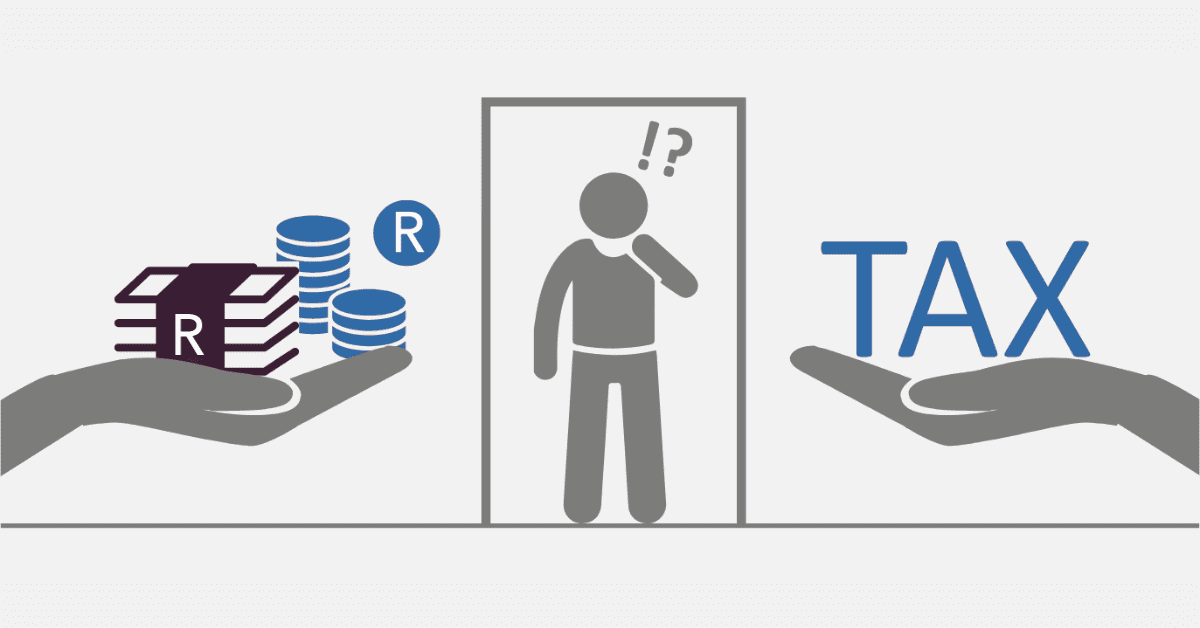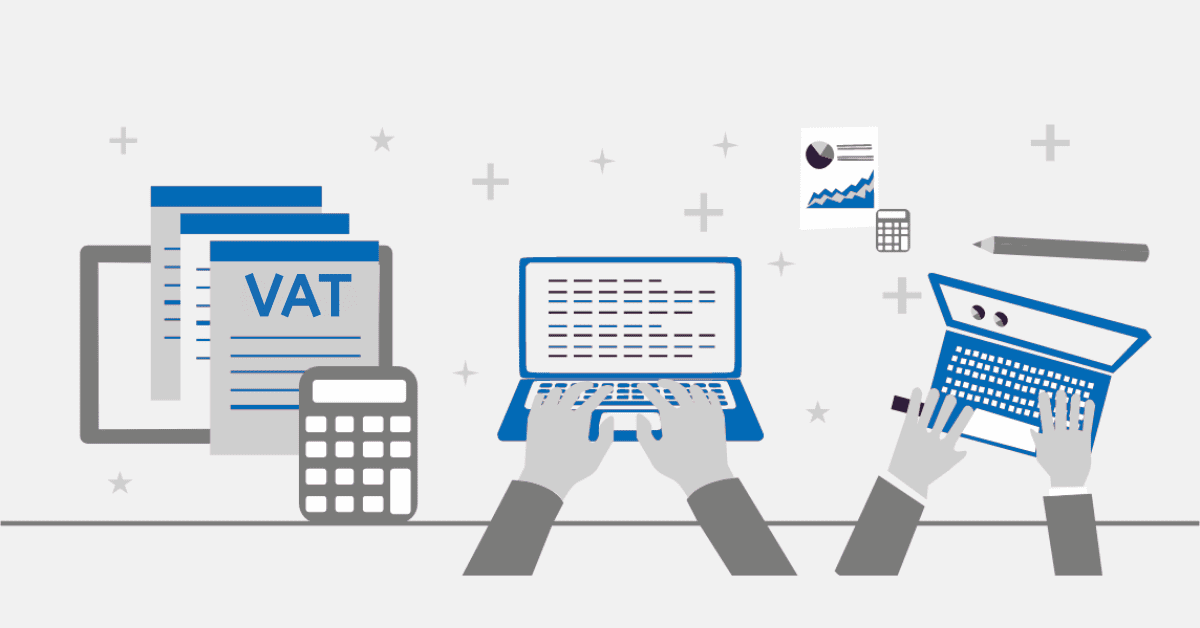In South Africa, businesses are generally required to register for and apply Value Added Tax to their transactions. Understanding the regulations surrounding VAT registration and invoicing is crucial. This article examines whether you can levy VAT without a VAT number, the process for issuing VAT invoices, and the consequences of operating without a VAT number.
Can You Charge VAT Without a VAT Number?
In South Africa, enterprises must register for VAT with the South African Revenue Service when their turnover surpasses a specific threshold. Consequently, charging Value Added Tax to customers without a valid VAT number is prohibited. VAT is a tax registered businesses collect on behalf of the government and must be remitted to SARS.
Operating without a valid VAT number means you’re not authorized to collect VAT from your customers, which can result in legal and financial repercussions. Levying VAT without a valid VAT number constitutes non-compliance with tax regulations.
Can I Issue a VAT Invoice Without a VAT Number?
When operating in South Africa, possessing a valid VAT number is crucial if you intend to create a VAT invoice. What’s a VAT invoice, you ask? Well, it’s essentially an official piece of paper laying out the nitty-gritty of your goods or services sale, complete with all the stated VAT amounts. These invoices serve essential functions in tax reporting and compliance.
When sending out VAT invoices, you must wear a VAT vendor’s hat. You must have a valid and active VAT number to make it official. If the VAT registration isn’t your cup of tea, no worries! You can still send out regular invoices without any VAT involved. Issuing a VAT invoice without the appropriate registration can lead to penalties and legal ramifications.
Can You Do Business Without a VAT Number?
Yes, you can do business without a VAT number in South Africa. Registration for VAT is not mandatory for all businesses. If your annual turnover remains below a specific threshold, there’s no obligation to register for VAT. However, keeping a close watch on your turnover is crucial because once it surpasses the threshold, you must register for VAT within 21 days. If your business isn’t VAT registered, you should refrain from charging VAT to your customers, and your invoices must explicitly indicate your non-VAT registered status. While operating without a VAT number is possible, vigilantly monitoring your turnover and adhering to VAT regulations as your business expands is of utmost importance.
What Happens If You Charge VAT Without Being VAT Registered?
Charging VAT without being registered in South Africa violates tax regulations and can lead to serious consequences. Some of the potential consequences include:
- Penalties: SARS can impose penalties on businesses that charge VAT without proper registration. These penalties can be substantial and significantly impact your finances and business operations.
- Potential Legal Ramifications: Charging VAT without proper registration could result in legal repercussions, such as penalties and, in severe instances, criminal charges.
- Refunding VAT: If you’ve mistakenly charged VAT without being registered, you might have to reimburse the collected VAT to your customers. This scenario can incur financial losses and harm your business credibility.
- Loss of Trust: Customers may lose trust in your business if they discover you charged VAT without registration. It can harm your relationships with clients and harm your business’s reputation.
- Inspections and Investigation: SARS might conduct thorough inspections and investigations on your business if they suspect any breaches in VAT compliance, leading to significant time and stress.
Considering the possible repercussions, businesses must confirm proper VAT registration before applying VAT charges to their offerings. Neglecting this step could result in severe financial and legal complications.
What Happens If I Don’t Have a VAT Number?
The absence of a South African VAT number indicates your business is not registered for VAT. In such instances, these guidelines are applicable:
- VAT Exclusion: Imposition or collection of VAT on the products or services you offer customers is prohibited. Your invoices must distinctly indicate your non-VAT registered status.
- Threshold Monitoring: Keep track of your annual turnover. If your turnover exceeds the VAT registration threshold, which is subject to change, you must register for VAT within 21 days.
- Compliance: Ensure that your business operations align with your VAT registration status. If you are not VAT registered, do not charge VAT, and inform your customers accordingly.
- Cost Savings: Not being VAT registered can be beneficial if your business is below the threshold since you don’t have to deal with VAT administration and compliance costs.
- Limited Input Tax Credit: One drawback of not being VAT registered is that you cannot claim input tax credits on the VAT you pay on your business expenses. VAT-registered businesses can offset the VAT they pay on expenses against the VAT they collect from customers.
Final Thoughts
In conclusion, while you can operate a business in South Africa without a VAT number, it’s essential to understand the VAT registration requirements, monitor your turnover, and comply with VAT regulations to avoid potential issues with tax authorities and ensure the smooth operation of your business.
